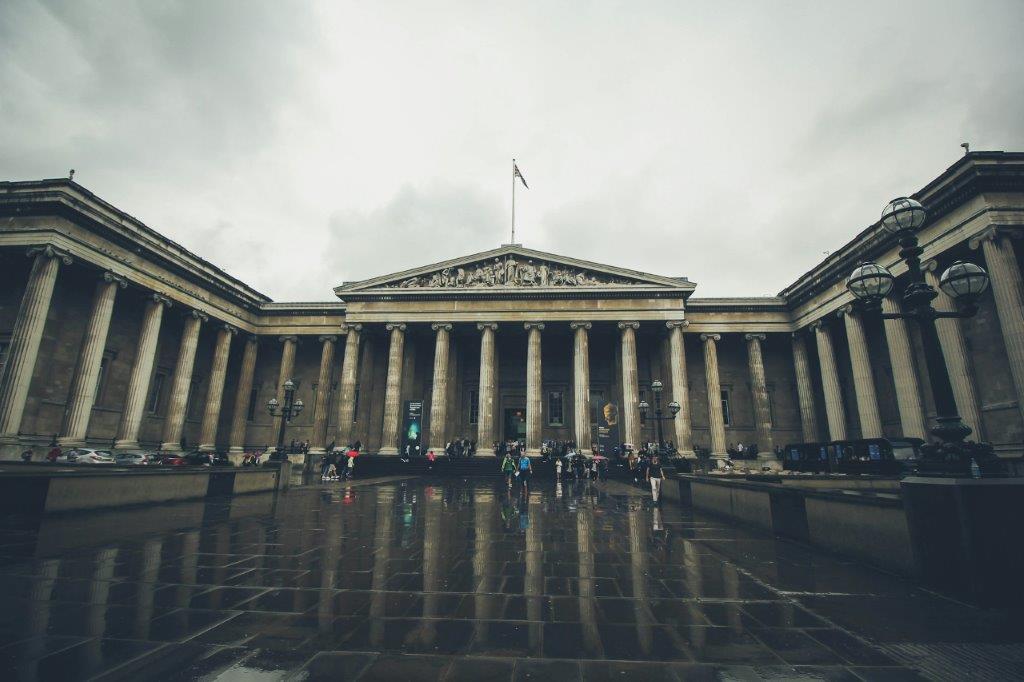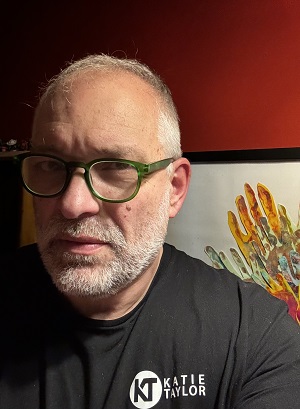To coincide with the UNESCO 24th session of the ‘Return & Restitution’ Committee, we’re hosting a debate on the future of museums.
The scandal of the British Museum inside-job theft might well suggest that acquiring, preserving and displaying artefacts is no longer museums’ top priority. Certainly, the traditional function of museums – centred around scholarly research and the exhibition of significant objects from past civilisations – seems under strain. Many museums have now taken on a different, more ‘activist’ role: embracing a responsibility to confront social and historical injustices, offering apologies for past transgressions, and seeking to ‘decolonise’ their collections.
For some, this acknowledgement of the colonial history behind many museum collections is a necessary step to reveal truths about the past actions of Western nations and individuals – which had hitherto been hidden or whitewashed – and help heal historical wrongs. But in the process, others fear what the consequences of reading history backwards in this way might be for the preservation of collections and the purpose and reputations of museums.
So, what should be the core purpose of museums today, and how should they seek to portray the past? Is there a problem with judging objects and their acquisition from within a contemporary political framework, or is this necessary to show the public the ‘whole picture’ of history, ‘warts and all’? What does it mean to ‘decolonise’ museums, and are there dangers to museums’ traditional role if they are seen to be focusing on ideological agendas or political outcomes?



